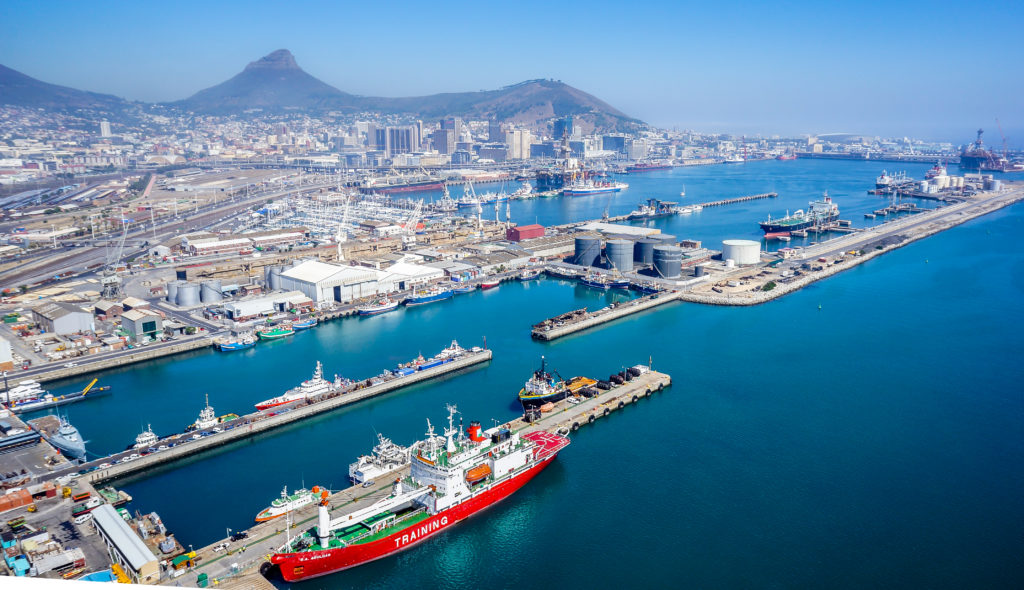COUNTRY PROFILE – SOUTH AFRICA
South Africa, officially the Republic of South Africa is the southernmost point in Africa. The largest city in South Africa is Johannesburg.
| AT A GLANCE – NOTARISATION AND LEGALISATION FOR SOUTH AFRICA: | |
| Official language(s): | There are eleven official languages of South Africa: Afrikaans, English, Ndebele, Northern Sotho, Sotho, Swazi, Tsonga, Tswana, Venda, Xhosa and Zulu. |
| Legalisation requirements: | It is common for most documents to be sent to South Africa without legalisation but some receiving parties may request an apostille from the Foreign Office. |
| Translations required?: | Translation is not normally required for South Africa as most documents are drafted and notarised in English. |
| Legalisation fees: | If required, the Foreign Office charges £30 per document for their standard postal service or £75 per document for their London-based same-day service N.B. All legalisation fees are based on information available at the time of writing but can change from time to time. |
| Address and contact details: | High Commission of the Republic of South Africa: South Africa House, Trafalgar Square, London WC2N 5DP Consular Section: 15 Whitehall, London SW1A 2DD (Telephone: 020 7925 8900) Website: http://southafricahouseuk.com/ Nearest tubes: Charring Cross |
COMMON DOCUMENTS AND REQUIREMENTS:
 Travel documents and travel consent – if your child (under 18) is travelling to South Africa on their own or without one parent/legal guardian present then it will be necessary for the parent who is not travelling or both parents (if the child will be received in South Africa by another party) to sign a parental consent affidavit. In addition to the notarised affidavit, it will be necessary to provide supporting documents. To find out which documents you will need when your child is travelling to and from South Africa, depending on individual circumstances, please consult the Republic of South Africa, Department of Home Affairs website.
Travel documents and travel consent – if your child (under 18) is travelling to South Africa on their own or without one parent/legal guardian present then it will be necessary for the parent who is not travelling or both parents (if the child will be received in South Africa by another party) to sign a parental consent affidavit. In addition to the notarised affidavit, it will be necessary to provide supporting documents. To find out which documents you will need when your child is travelling to and from South Africa, depending on individual circumstances, please consult the Republic of South Africa, Department of Home Affairs website.
You may notice on the parental consent affidavit and other documents for use in South Africa that your signature needs to be witnessed by a Commissioner of Oaths. Don’t panic, outside of South Africa, a notary public counts as a Commissioner of Oaths.
At present, the Rand is relatively low, although property prices are forecast to rise so it is a good time to invest in South Africa.
Documents for the sale and purchase of property in South Africa often comprise of affidavits and powers of attorney. It is also common for a draft of the deed of sale to be attached to the power of attorney. The power of attorney will also require two witnesses to sign in addition to the notary.
Citizens of the Republic of South Africa have an ID card showing their ID number. If you have a South Africa ID card then we would advise that you bring this, or your South African passport (the ID number is also present in a South African passport) to the appointment with the notary as the number is referenced in most documents.
Please note, documents for use in South Africa will need to be signed in black ink. Please remember to fill in any forms/documents in black ink to ensure that the receiving party accepts your documents.
Our notaries are very familiar with the procedure to have documents certified for use in South Africa. Do not hesitate to get in touch by e-mail, telephone or via our contact form if you need assistance with documents for South Africa.
A COUPLE OF FACTS ABOUT SOUTH AFRICA:
- What is the Afrikaans word for notary? Notaris
- Legalisation is not usually required if you use an English notary
- South Africa is the only country, so far, to host the Rugby World Cup, Cricket World Cup and Football World Cup